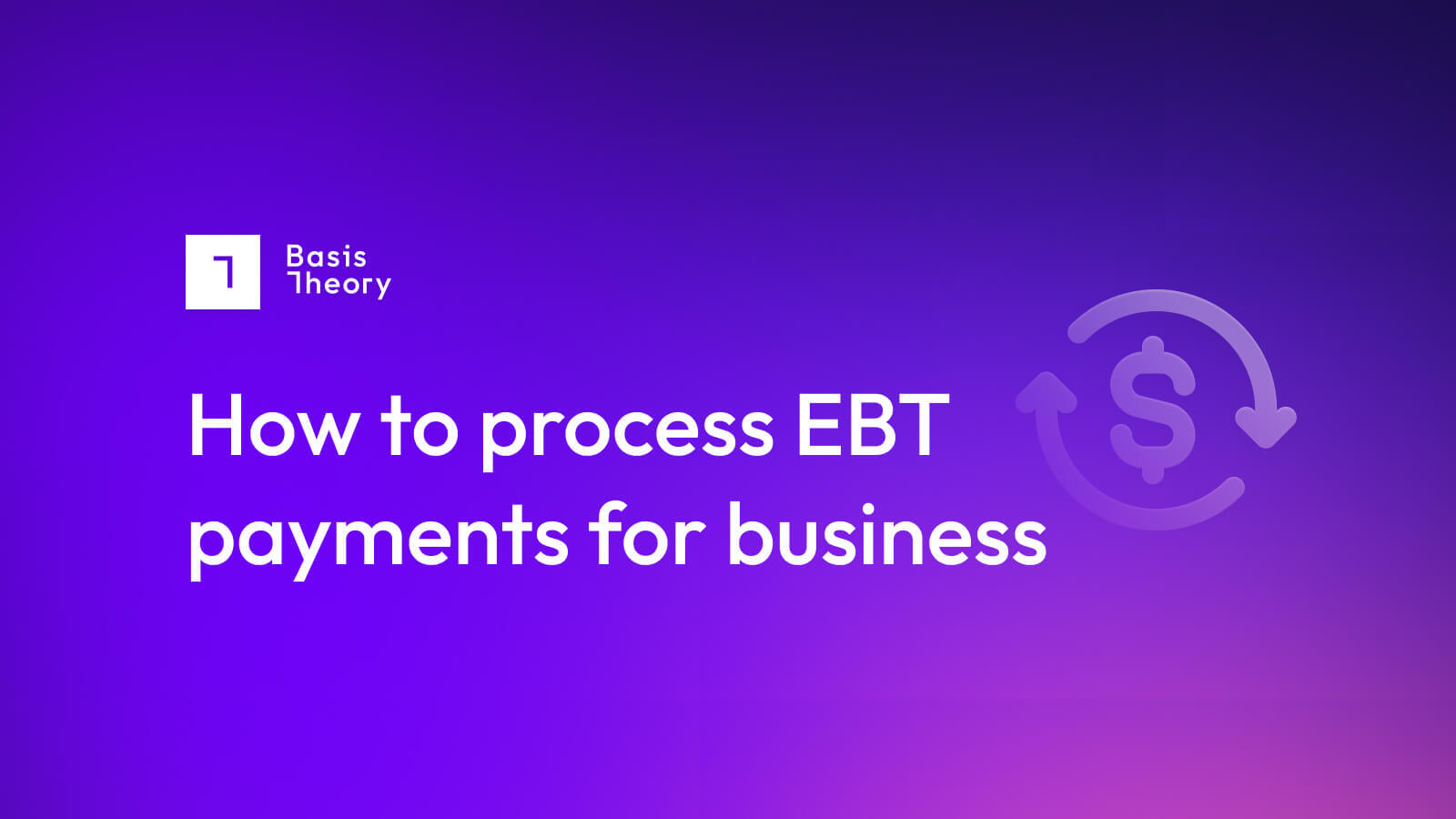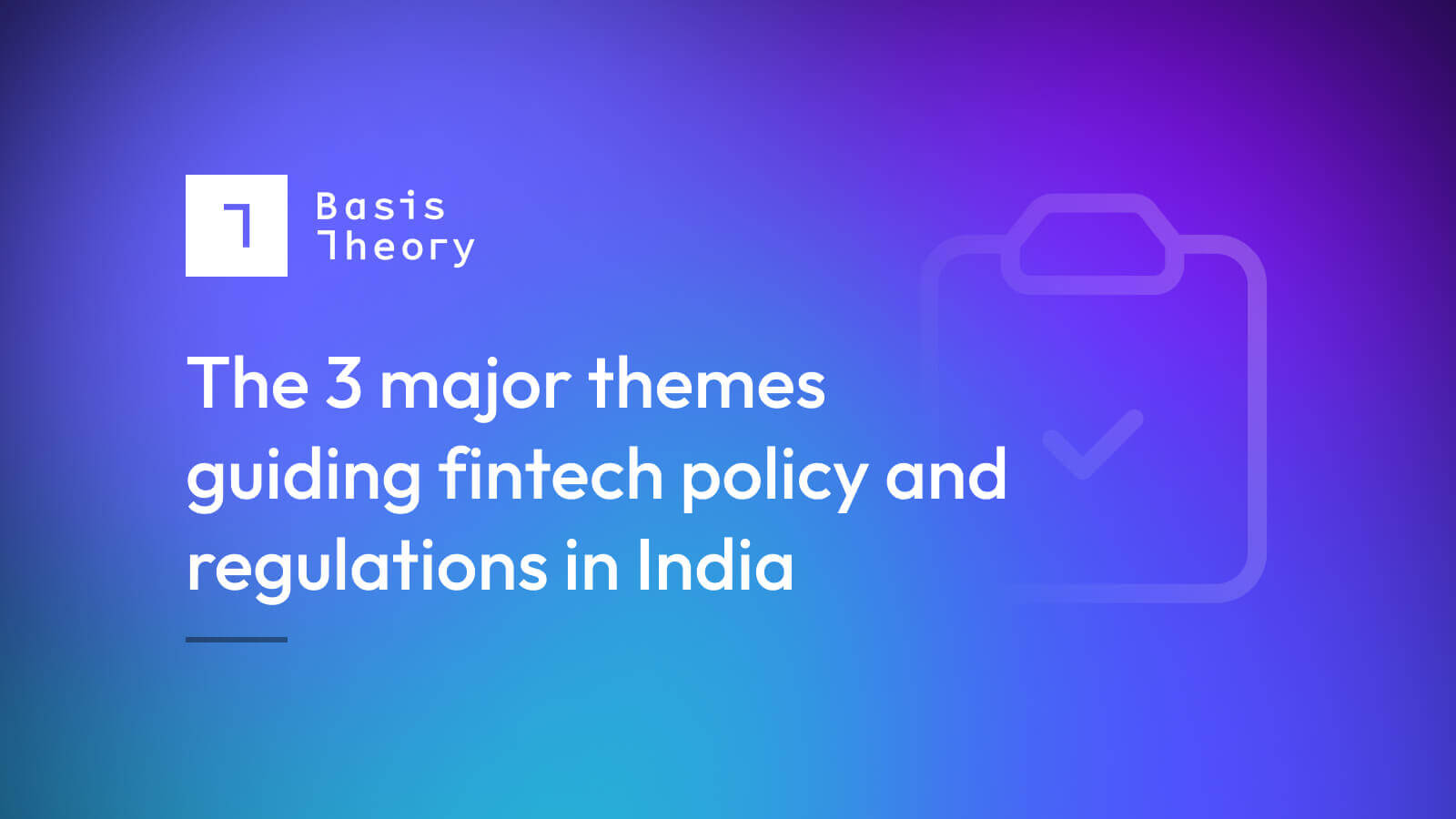How Businesses Can Process EBT Payments

Electronic Benefits Transfer, or EBT, is a system that was created to allow recipients of federal support in the United States to make food purchases electronically. While once upon a time program participants were, indeed, provided with literal food stamps to be used at the grocery store, as of 2004 recipients now receive, and use, their funds electronically. According to the USDA, EBT is now in effect throughout all 50 states.
What is Tricky About Processing EBT Transactions
In order to accept EBT transactions, a merchant must first acquire a USDA Food and Nutrition Service permit. These were initially fairly hard to obtain, as the government moved slowly toward allowing online merchants to process EBT transactions through its online purchasing pilot. Indeed, in its earliest iteration, the EBT system was only available to physical merchants that were participating in the Supplemental Nutrition Assistance Program (SNAP) program - in other words, essentially, grocery stores.
Even though the pandemic years accelerated the expansion of online payments so that most, if not all, social support funds could be accessed through what are effectively debit cards, the rules and regulations for merchants to qualify to participate remain byzantine. Worse, they are different in each of the 50 states, as each state largely administers its own version of each program.
Another tricky complication of the program is that the use of the EBT card for online payment requires the use of a unique personal identification number (PIN) at purchase. Currently, only three companies meet the PCI compliance standards necessary for encrypted PIN entry, so retailers are required to work with one of these approved payment processors to accept EBT payment.
Benefits of Accepting EBT Transactions
Just like the hundreds of other payment methods available to consumers today, accepting EBT transactions potentially opens a merchant up to a new customer base. A recent study by eMarketer estimated that EBT spending reached $356.3 billion in 2023, which is significant (mostly unreached) volume. While various factors impact the growth or decline of the program, including economic conditions, seasonal trends, and more - there is no denying that there is a demand and customer base transacting through EBT.
Therefore, processing EBT payments offers many benefits to merchants, including:
- Reaching a potentially new customer base that relies on EBT benefits but cannot transact through other payment methods
- Increasing merchant sales, especially for food and other essential items
- Reducing chargebacks, as the funds are guaranteed by the government and are unlikely to be disputed
While there are restrictions on how consumers may spend EBT funds, merchants that offer essential items could see significant benefit by accepting these transactions.
EBT is a Unique Alternative Payment Method
When we think of online payments, we generally think in terms of credit and debit cards - and, these days, perhaps PayPal and Apple Pay. It turns out, however, that there are a multitude of alternative payment methods, from ACH (paying from your bank) to digital wallets (Google Pay, MTN and M-PESA in Africa, AliPay in Asia, and so forth), to buy-now-pay-later providers like Klarna and Affirm. Just like EBT, these non-credit-card setups come with special requirements, and spottier availability: to cover a significant portion of the options in the market, merchants will likely have to build processing relationships with a multitude of processors and gateways, often in far-flung locales.
While EBT is firmly grounded in the USA, not all payment processors are permitted to facilitate payments for merchants. For instance, Stripe currently does not accept online EBT charges, while Shopify has partnered with a provider called Forage to enable EBT for its merchant customers. Because it is a unique payment method, merchants will need to ensure they have a relationship with one of the approved gateways, as well as having their own USDA permit.
Tokenization Opens up the EBT Possibilities
Unlike regular payments, the restrictions placed upon EBT mean that merchants likely will not be able to rely upon full-service PSPs (also known as aggregators) for EBT transactions. Rather, they will need to have at least one EBT-approved processor in their portfolio of processing partnerships - and doubtless at least one other, to ensure continuity of service, price balancing, and a full range of processor services.
The best practice for combining the services of multiple PSPs is to either
- Build a full-stack payment processing system internally; or
- Automate the payments system with a tokenization provider offsetting security risk and cost
A third-party tokenization service reduces the cost and risk of regulatory compliance by securely collecting and storing consumers’ cardholder details in a vault and providing the merchant with an impenetrable token. The merchant can then run its own decisioning engine to calculate the best PSP to complete the transaction, then instruct the token vault to submit the payment details accordingly - without ever bringing the plain text data inside the payment system and causing an expensive compliance burden.
With this mechanism in place, merchants can confidently sign with an EBT-approved PSP, obtain their permit, and open up the large EBT-supported market. With this, merchants are also insulated against any future issues with their EBT-supported PSP: in the event the merchant must move their business to an alternative provider, they still have control over the stored details of their customers - safely tucked away in the secure vault – and can switch out the back end without disruption.
Companies that partner with Basis Theory can collect card data, send it to processors or partners, and store it as if it's in their database while satisfying up to 95% of the compliance requirements that come with PCI.
.png?width=365&height=122&name=BTLogo%20(1).png)


.jpeg)
